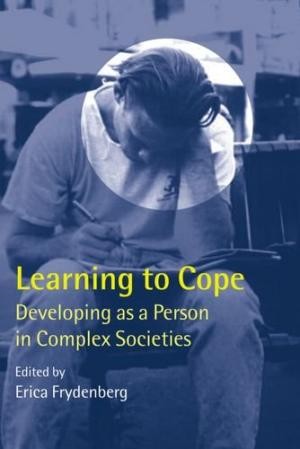There are many stressful factors in modern society affecting young people. Violence, war, divorce, drugs, and media pressures make up the everyday reality for many people growing up towards the end of the millennium. Young people today have to make complex decisions, such as which parent to live with and how to deal with drugs, alcohol, cigarettes, contraception, and unplanned pregnancy. Much has been written about adult coping strategies, but relatively little has been written about the developmental aspects and issues surrounding the topic. Learning to Cope aims to redress this situation, bringing together an international group of authorities to discuss the ways in which young people learn to cope in the three main contexts of their lives: family, school, and community. It provides a much-needed theoretical framework and evaluates practical applications and programs as well as signposts to what does and does not work. In addition to developmental psychologists, social scientists, educators, and those involved in child welfare will benefit from this book. Psychology. pp. 360 #0517
Learning to Cope: Developing as a Person in Complex Societies
$30.00
Sold Out
Additional Information
| Author | Frydenberg, Erica (ed.) |
|---|---|
| Publisher | Oxford University Press |
| Year Published | 1999 |
| Binding Type | Hardcover |
|---|
